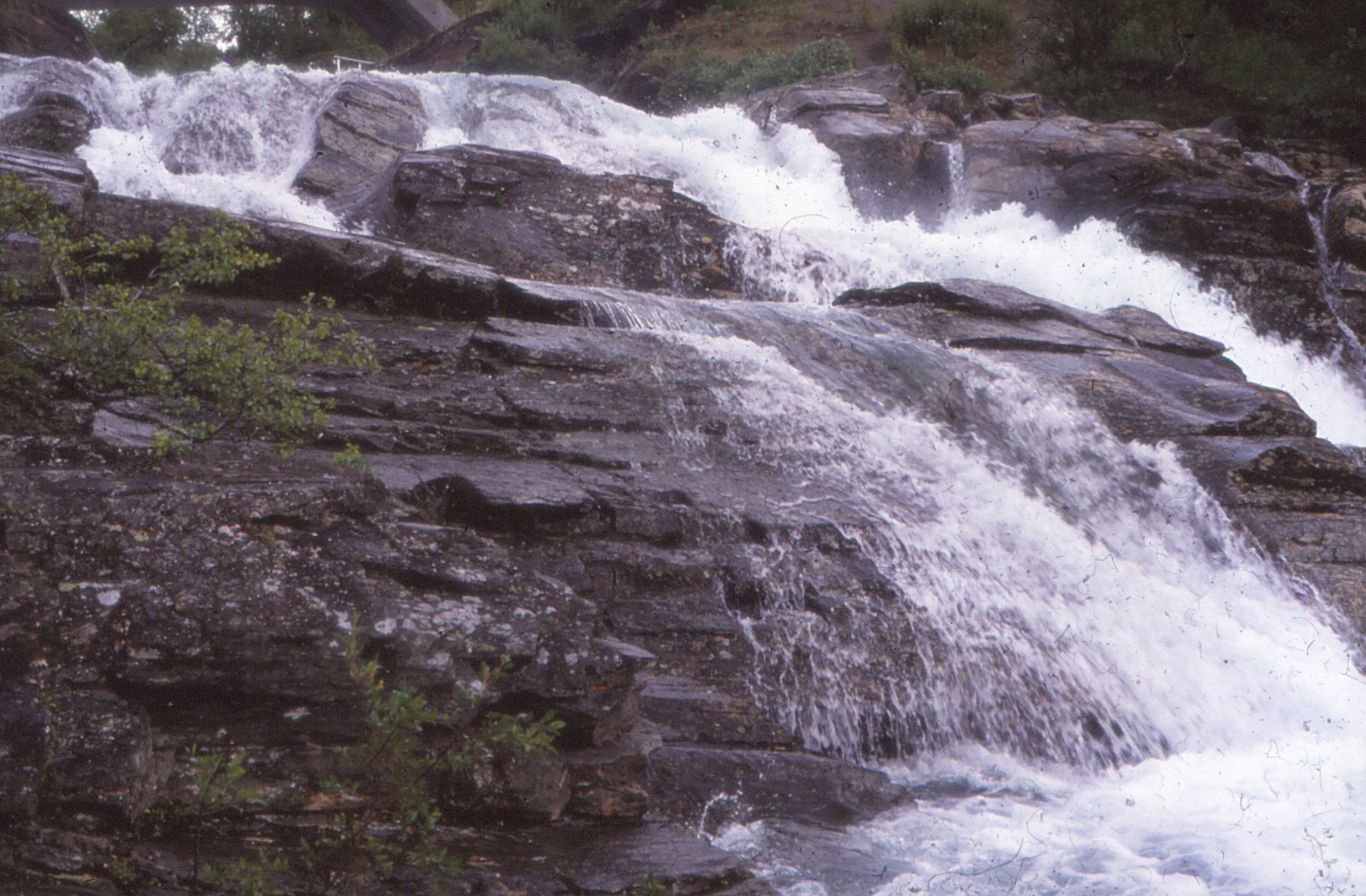Big Oil Is PastPerjantai 11.12.2020 klo 13.08 - Mikko Nikinmaa In the 20th century, finding oil made you rich. The prosperity of many people and nations has been generated with oil profits. Oil as a source of wealth is now rapidly becoming to its end, although oil companies still try to maintain their status. Their methods remind me very much of what tobacco industry did in the latter part of the 20th century: although the scientific community has been quite unanimous about Climate change and the role of burning oil in generating it since 1970’s, the oil lobby has denied Climate change and presented pseudoscience suggesting that there is no interaction with oil burning and temperature change. However, the oil companies are now seeing the end approaching. As a major indication is that investment companies are advising against buying oil stocks. As the latest big institutional investor, the New York Pension Fund (226 billion dollars) has indicated that it will sell all its oil and coal company stocks by 2040. Because oil use has dropped, so has oil price. Denmark just recently indicated that it will stop oil drilling by 2050 and also stop oil prospecting. In Finland, the national oil company is closing its second oil refinery next year. Whenever any oil refinery, coalmine or power plant using fossil fuels including peat is closed, the local media are full of news complaining about the employment losses. It is naturally sad that people lose their work, but since the use of fossil fuels is not sustainable, it must be done. If the oil-dependent companies had prepared for the future, they would have started to develop commerce, which is not oil-dependent. So big oil is past. What happens to the Middle Eastern countries, which are in the desert, but have become rich drilling oil? |
|
Kommentoi kirjoitusta. Avainsanat: climate change, fossil fuels, investments |
What is our heritage to future generations?Maanantai 13.7.2020 klo 16.28 - Mikko Nikinmaa As a child, one of my favourite books was a book of wild animals – I read all the stories of antelopes in Africa and looking at the photographs hoped that one day I would be able to go there. Almost every day I went birdwatching: curlews, whinchats, ruffs and ortolan buntings were common. As a scientist I was able to see sea otters, elephant seals, 
echidnas, and finally was able to fulfil my childhood dream, see antelopes in Africa. The incredible variety of animal life in different parts of the world is something that I hope our grandchildren and their descendants are able to see. The hopes of a nature lover for a heritage to future generations may be somewhat different from those of economic circles. As the major reason for nations not taking loans, politicians usually state that we don’t want to leave future generations debt. This has also been stated as a reason why the European Union should not give grants to the hardest hit nations. If the big relief package of the European Union is not accepted, the Union can break up. For the environment this would be a catastrophe, because EU is the only major economic player, which has environmental questions reasonably high in its agenda. The European nations as relatively small individual nations would be forced to accept the conditions that USA and China, and to some extent Russia, Brazil and India, demand. For the environment, this would be terrible news. We have now come to a situation, where environmental conditions and national debt are choices of our heritage to future generations. If loans are taken in order to invest on actions that improve the future state of environment, I am quite sure that future generations would say: “Please, take loan. It is only money, whereas sustainable environment is much more.” I am also quite sure that they would say: “Please, accept the European Recovery Plan, it is the only way to maintain a responsible environmental player as a major economic factor.” It is not leaving debt to future generations any more, it is choosing if we give them a liveable environment or no debt. I think debt is better than spoiled Earth. |
|
Kommentoi kirjoitusta. Avainsanat: Biodiversity, national debt, sustainability, environmental investments |
Why the investments should now go to railroads and renewable energy?Keskiviikko 27.5.2020 klo 14.19 - Mikko Nikinmaa During the coronavirus lockdowns the energy consumption has decreased markedly so that carbon dioxide emissions have decreased measurably. This has mainly been caused by reduced traffic, since heating and production of electricity have continued close to pre-coronavirus time. Now, the leaders/economist/politicians looking in the past suggest that when the economies are opened, the climate actions, including changes in energy production, should be delayed until a better time. However, there will never be a better time than this to increase investments in renewable energy. First, all countries are giving massive stimulus funds. One of the most important sectors is improving infrastructure. When improving infrastructure, two directions stand out: railroads and power plants. With improvements of rail traffic, one could change most transport from road transport to rail transport. It would only require that in addition to improvement of rails one would build goods terminals to facilitate container transfer from trains to trucks. With this done, all long-distance goods transport would take place in railroads, and road transport would be restricted to the travel between the place of production/use and rail terminals. Such a change would have several benefits. One would decrease oil use markedly in transport, since trains are mostly electrical. One would also decrease the use of roads by heavy traffic, and thereby reduce the need for repairing them, also reducing oil consumption (in asphalt). Finally, tyre wear is currently the most important source of microplastics. Thus, reducing road traffic would reduce this universal environmental contamination. Developing bullet trains with international route planning would diminish passenger transport in air traffic, and improvement of railroads would increase local passenger train traffic, also reducing oil consumption. One of the things with investment is that virtually all political and economic circles say that the corona support should be for a fixed time period, not taking place forever. Building power plants to harness renewable energy fulfils this criterion. Power plants prod In conclusion, investing in climate-friendly railroads and renewable energy makes sense both politically and economically. Such investments are going to the future, which we should do instead of reverting in tha unsustainable past. |
|
Kommentoi kirjoitusta. Avainsanat: climate change, fossil fuels, investments, energy production |

 ucing energy from renewable sources, wind, sunlight, waves, tide or water flow, only carry costs during building. Thereafter virtually no costs are associated with energy production, so energy production becomes cheaper and cheaper with time. This is in stark contrast with power plants using oil, natural gas, coal or peat, which all require continuously buying the fuel. Further, whereas much of the traditional fuels must be imported, thus generating problems with security of supply, the renewable resources are truly local, and can be used even in the direst of crises.
ucing energy from renewable sources, wind, sunlight, waves, tide or water flow, only carry costs during building. Thereafter virtually no costs are associated with energy production, so energy production becomes cheaper and cheaper with time. This is in stark contrast with power plants using oil, natural gas, coal or peat, which all require continuously buying the fuel. Further, whereas much of the traditional fuels must be imported, thus generating problems with security of supply, the renewable resources are truly local, and can be used even in the direst of crises.